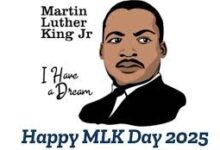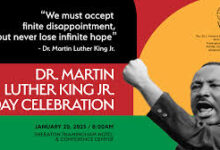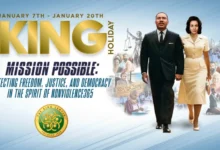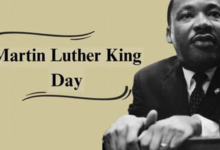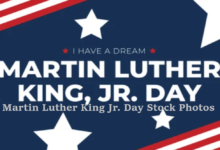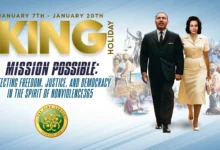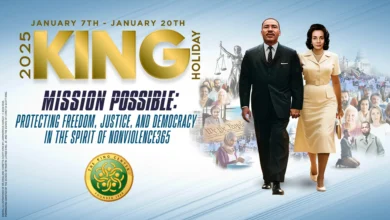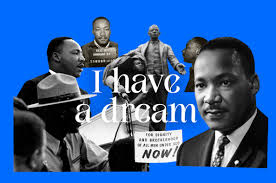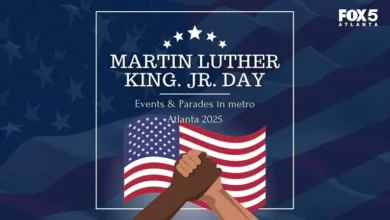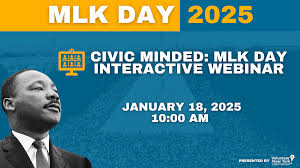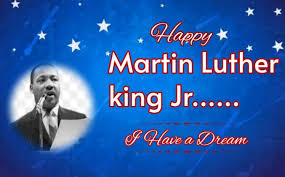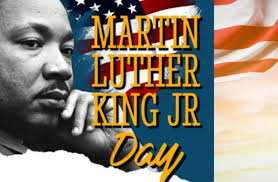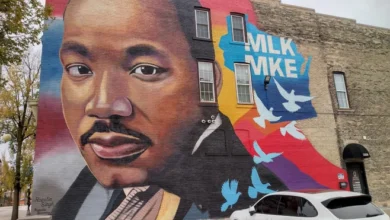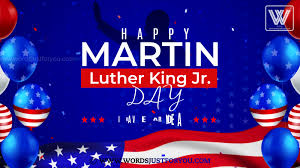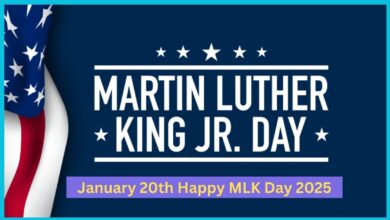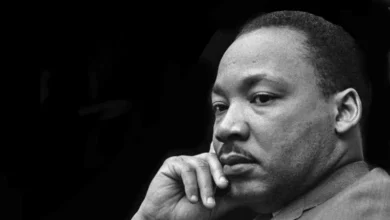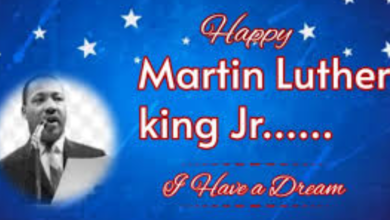Activities for Dr Martin Luther King Jr Day 2025 in United States
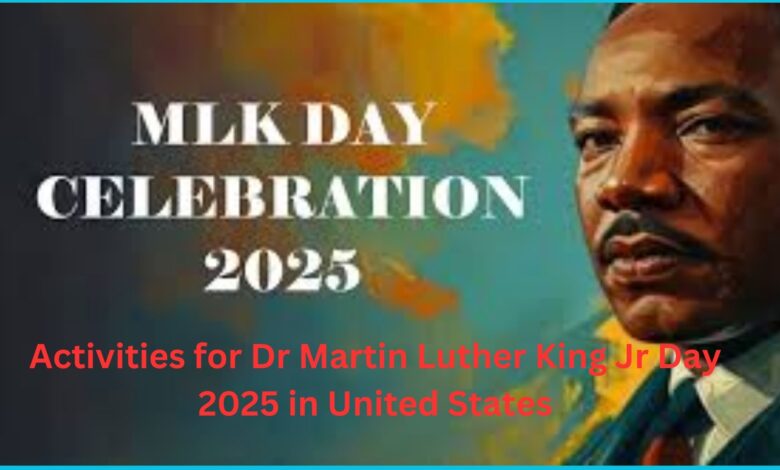
Dr. Martin Luther King Jr. Day is more than just a day off from work or school—it’s an opportunity to reflect on the achievements and legacy of one of the most impactful civil rights leaders in history. Observed on the third Monday of January, which falls on January 20th in 2025, this federal holiday invites individuals and communities to honor Dr. King’s vision of equality, justice, and unity.
Whether you’re looking to engage in educational experiences, meaningful service, or inspiring discussions, here are ten ways you can celebrate Martin Luther King Jr. Day in 2025 across the United States.
1. Participate in a Day of Service
Dr. King once said, “Life’s most persistent and urgent question is, ‘What are you doing for others?'” The MLK Day of Service encourages everyone to give back to their communities. Volunteer opportunities include organizing food drives, cleaning parks, mentoring youth, or serving meals at shelters. Platforms like NationalService.gov or your local community center can connect you with service projects near you.
Examples of Projects:
- Host a winter clothing drive for underserved families.
- Volunteer at Habitat for Humanity to help build homes.
- Join a local cleanup crew to beautify public parks or neighborhoods.

2. Attend a Community Parade or March
Numerous cities across the U.S. host parades and peaceful marches to honor Dr. King’s life and achievements. These events often include speeches, music, and performances inspired by the civil rights movement.
Notable Events:
- Los Angeles, California – Known for its annual MLK Kingdom Day Parade, the largest in the country.
- San Antonio, Texas – A march attracting over 300,000 participants each year.
- Washington, D.C. – Join a commemorative march near the Martin Luther King Jr. Memorial.
Check your local event listings for MLK Day marches and parades.
3. Reflect at the Martin Luther King Jr. Memorial
If you’re in Washington, D.C., a visit to the inspiring Martin Luther King Jr. Memorial is a must. Dedicated in 2011, this iconic site features a striking sculpture of Dr. King and inscriptions of his memorable quotes. It’s a powerful space to reflect on his commitment to justice and his enduring impact on the nation.
For those unable to visit in person, many museums and organizations offer online virtual tours you can experience from anywhere.

4. Watch a Documentary or Film
Films and documentaries can provide meaningful insights into Dr. King’s life and the civil rights movement. Watching these can open discussions about race, equality, and the ongoing fight for justice. Some excellent options include:
- “Selma” (2014): A powerful depiction of the Selma-to-Montgomery marches led by Dr. King.
- “MLK/FBI” (2020): A documentary exploring the FBI’s investigation into Dr. King.
- “Eyes on the Prize” (1987): A classic documentary series on the civil rights movement.
Watching these as part of a family movie night or community viewing is a great way to learn and reflect.
5. Join an Educational Workshop or Panel Discussion
Many universities, libraries, and community groups host workshops, lectures, and panel discussions about Dr. King’s legacy and how his teachings remain relevant in today’s world.
Topics to Explore:
- Racism and its effects in the modern era.
- Nonviolent activism and its application today.
- Leadership lessons inspired by Dr. King.
Webinars and virtual discussions are also widely available if you prefer online events.
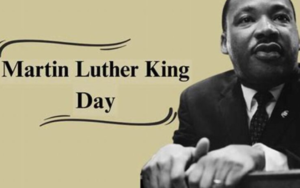
6. Support Black-Owned Businesses
Supporting Black entrepreneurs honors Dr. King’s vision of economic empowerment and equality. Take the time to familiarize yourself with Black-owned restaurants, shops, and services in your area—or online. Share your experience on social media to encourage others in your network to do the same.
Websites like We Buy Black or Official Black Wall Street can help you discover businesses to support.
7. Read or Listen to Dr. Martin Luther King Jr.’s Speeches
Dr. King’s speeches are some of the most powerful in American history. Take the time to revisit his iconic words and reflect on their meaning. Standouts include:
- “I Have a Dream” (1963): Delivered during the March on Washington for Jobs and Freedom, this speech remains a symbol of hope and equality.
- “Letter from Birmingham Jail” (1963): A thoughtful critique of racial injustice delivered with eloquence and passion.
- “The Drum Major Instinct” (1968): Dr. King’s sermon about the dangers of pride and the importance of servant leadership.
Many of his speeches can be found online or in dedicated collections at your local library.

8. Host or Attend a Book Club Discussion
Dive into works that address the civil rights movement, Dr. King’s enduring influence, or broader issues of racial justice. Suggested reads include:
- “Why We Can’t Wait” by Martin Luther King Jr.
- “The Autobiography of Martin Luther King, Jr.” edited by Clayborne Carson
- “Stamped from the Beginning” by Ibram X. Kendi
Consider hosting a virtual book club discussion for friends, family, or your community to share reflections on these impactful works.
9. Create Art or Write Inspired by Dr. King’s Legacy
Art and creative expression are powerful ways to keep Dr. King’s message alive. Encourage children or community members to create drawings, paintings, or poetry inspired by his dream, or write essays about his impact on society.
Ideas for Creativity:
- Host a poster contest for kids themed around “Honoring Dr. King’s Legacy.”
- Invite students to compose essays about how his teachings relate to their lives today.
- Coordinate a spoken-word poetry event to celebrate diversity and justice.
10. Reflect and Set Goals for Social Justice
Dr. King’s work is a reminder that the fight for justice is ongoing. Take time on this day to reflect on how you can contribute to positive change in your community. Set personal or organizational goals focusing on inclusion, equity, and outreach to underserved groups.
Simple steps like educating yourself about systemic racism, joining advocacy groups, or writing to your representatives about pressing social issues can have a meaningful impact.
